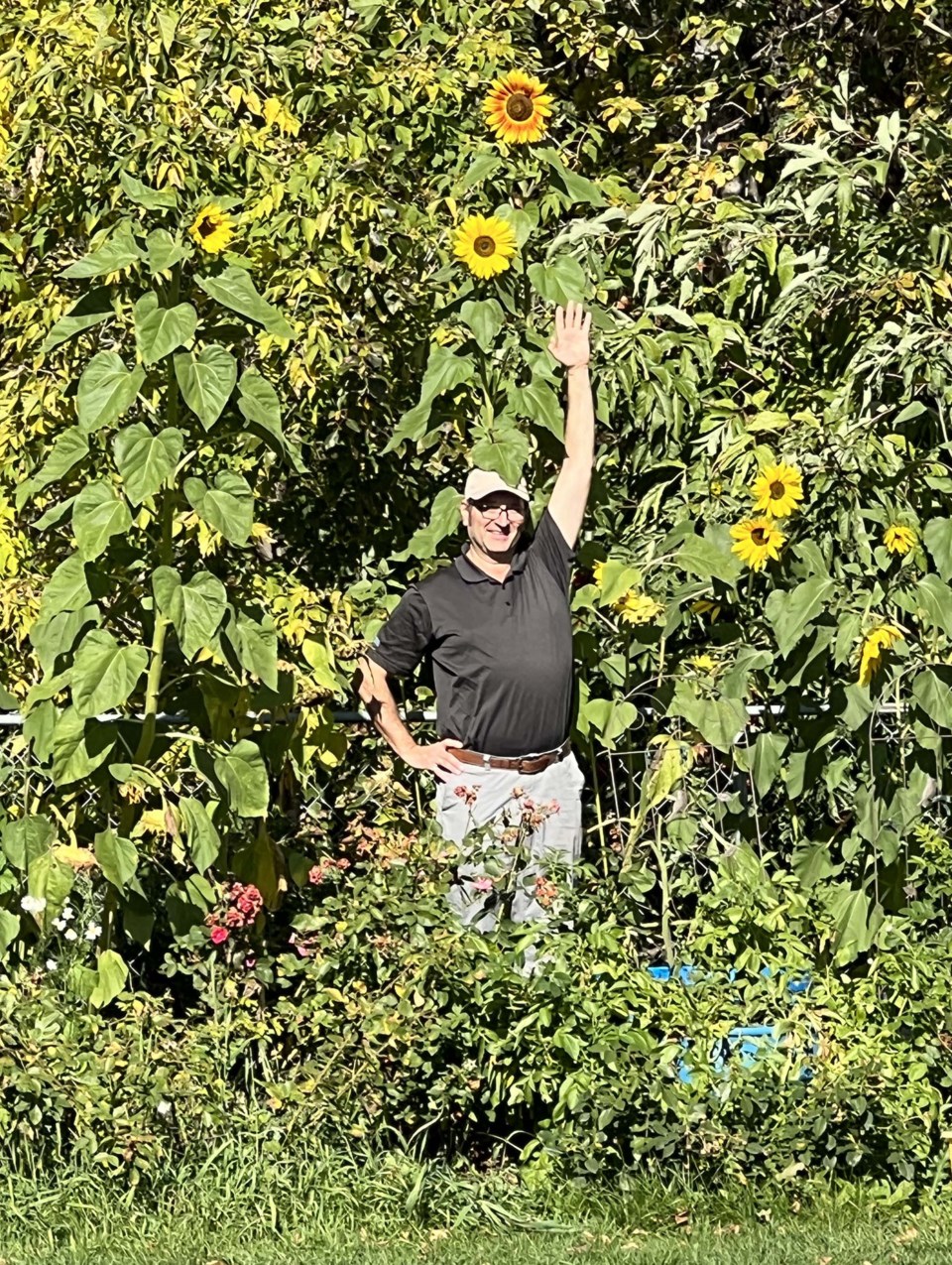Bees, bats, and begonias will benefit from some $37,000 in grants approved by St. Albert’s Environmental Advisory Committee last month.
The St. Albert Environmental Advisory Committee (EAC) awarded about $36,872 worth of Environmental Initiatives Grants to seven community groups last Oct. 26. Details of the grants were released to the Gazette on Nov. 2.
Established in 2007, the Environmental Initiatives Grants program gives up to $5,000 (or more in special cases) to support projects which foster environmental stewardship, said City of St. Albert environmental co-ordinator Payton Homeak. The EAC had significantly more cash available to distribute this year than usual (about $40,000 instead of the usual $33,000) as some of the projects funded by last year’s grants came in under budget.
All seven of this year’s approved projects involve gardens or pollinators, Homeak said. EAC members agreed to give three projects more than $5,000 because of their potential for community engagement.
Plants and pollinators
Two of those upsized grants involved Karri Akins and Aida Mustapic of the St. Albert Seniors Association and the St. Albert Backyard Gardening Group, respectively.
The seniors association has a small garden that fell into disrepair during the COVID-19 pandemic, Akins said. When she met Mustapic at a plant swap organized by the gardening group, the two hit upon the idea of turning that garden into a pollinator garden.
“We wanted to bring back the birds, the bees, the butterflies,” Akins said, and to get seniors interested in gardening.
About 25 volunteers planted a hodgepodge of donated plants at the seniors centre last summer, drawing great interest from visitors. Volunteers learned about gardening from Mustapic, grew vegetables to serve in the centre’s bistro, and sold floral arrangements to fund the garden.
The EAC awarded the seniors centre $7,500 to build a more-organized pollinator and vegetable garden next year, Mustapic said. The garden will feature raised beds (which are easier for seniors to maintain) and will be maintained without use of pesticides or artificial fertilizers. The garden should support pollinators (which are essential for most food crops), feed birds, produce nutritious food, and give seniors a place to socialize and work out.
The gardening group, meanwhile, has been using the seniors centre to host its annual seed and plant swap events, Mustapic said. While the seniors centre has given them a hefty discount, the group wants to pay its rental rates in full and expand its activities. The $7,500 the group got under this grant will let the group advertise, pay guest speakers, and better support the seniors centre. The group plans to continue to promote gardening through seed and plant swaps and to organize a gardening symposium in winter 2024-25.
Other grants
Sister Alphonse Academy received about $7,077 to build an outdoor classroom that will feature a garden based on native plants and the Indigenous medicine wheel. The garden will teach students about the medicinal and historic significance of these plants to Indigenous peoples.
The Lacombe Park Community Garden and Connection Place received $5,000 to improve its food production and develop educational resources for permaculture design. Established in 2020, the garden features an array of fruit trees and shrubs that will, once the plants mature, provide free food for visitors.
The St. Albert Botanic Park got $5,000 to continue its plans to add vast amounts of compost to its gardens over five years to improve soil health. The Coal Mine Road Community Garden group will use its $4,095 grant to expand its rainwater harvesting system and construct onsite composting facilities.
Students at Joseph M. Demko School received $700 to learn to support pollinators and increase biodiversity. The funds will buy supplies so Grade 1, 2, and junior high students can build 60 bird houses and 10 bat houses.
Visit stalbert.ca/cosa/admin/grants/environmental for details on the grants.




